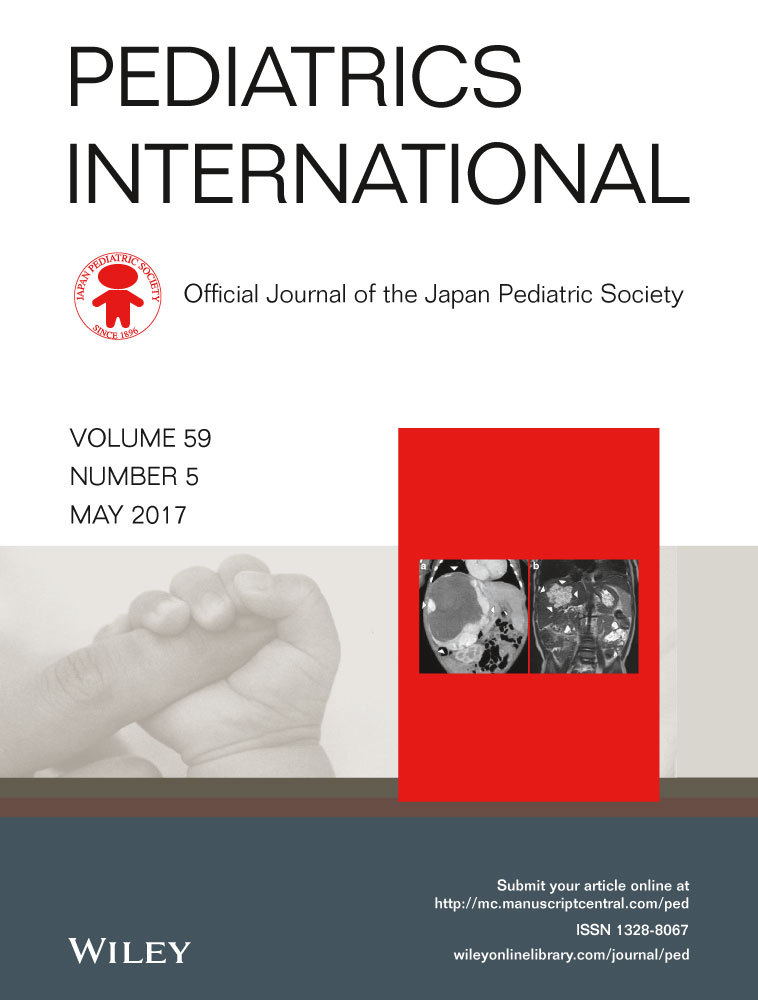Positive feelings during pregnancy, early feeding practices, and infant health
Abstract
Background
Early parenting practices, such as infant feeding, can affect children's physical health. Additionally, negative prenatal maternal affect can influence feeding choices, such as breast-feeding, and can have a detrimental effect on children's health. Little is known, however, about the contribution of positive maternal affect during pregnancy on feeding practices and children's health.
Methods
This study explored whether positive prenatal feelings influenced children's health during the first 18 months, and whether early feeding practices mediated the relationship between these two variables. Low-income, ethnically diverse, primiparous women (n = 114) reported their feelings of pregnancy uplifts and hassles during their third trimester. These women were interviewed again at 2, 4, 6, 9, 12, and 18 months post-partum about their feeding practices. A retrospective audit of their infants’ medical charts was completed from birth to 18 months.
Results
Using structural equation modeling, having more uplifts than hassles during pregnancy was associated with longer breast-feeding duration and greater adherence to recommended schedules for introducing fruits and vegetables, solids, and baby cereal. These feeding practices were linked to better child health outcomes, including reduced risk of upper respiratory tract infections, conjunctivitis, otitis media, and thrush.
Conclusions
Positive maternal feelings during pregnancy were associated with better feeding practices, and these better feeding practices were associated with fewer common childhood illnesses. Helping expectant women focus on the positive aspects of their pregnancy may lead to postnatal care methods that are fiscally advantageous, preventive of detrimental postnatal choices, and medically beneficial for children.




